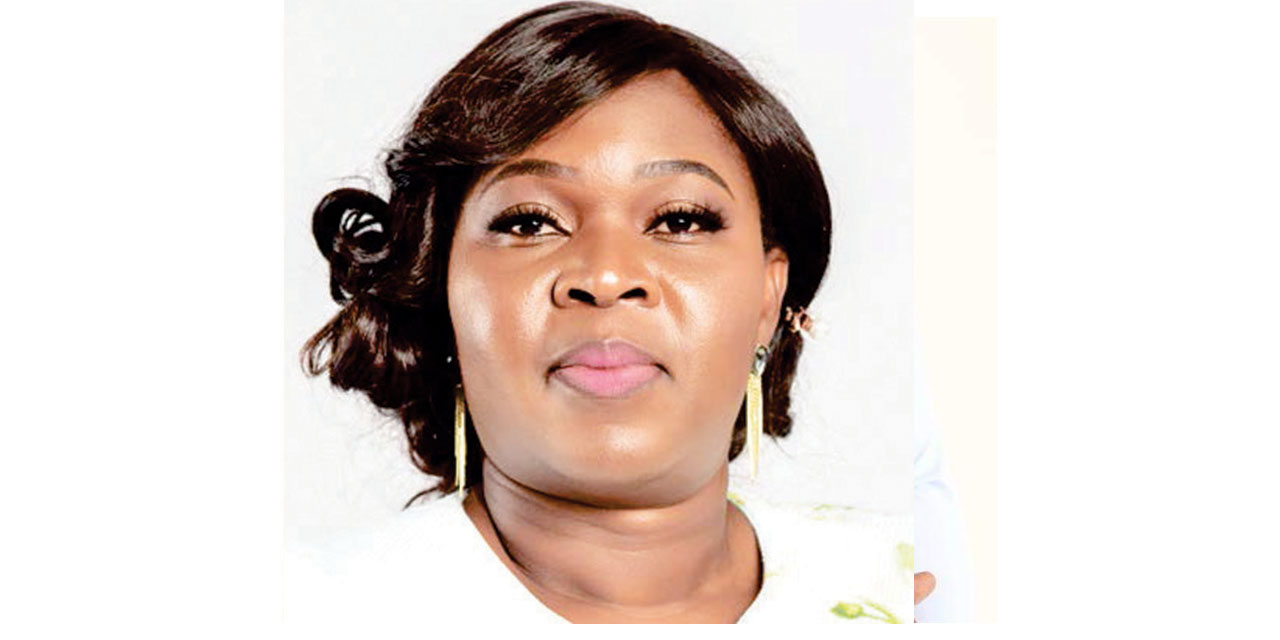Martin Endjala
The Government Institutions Pension Fund (GIPF) has reiterated its commitment to invest more in the country’s developmental sectors in an effort to uplift the livelihoods of people in all of Namibia’s regions by bringing services closer to them.
The Fund’s Board of Trustees Chairperson, Nillian Mulemi revealed the plan during the official opening of a GIPF satellite office in Mariental in the Hardap Region on Wednesday.
Mulemi said the opening of the satellite office was necessitated by a call from its members in the region who had to travel long distances to and from Keetmanshop or Windhoek to get access to services.
The new satellite office will ease the burden of pensioners and its members to receive the direct and personal service they require and will positively impact them.
The Fund has so far invested about N$177 million which made it possible to open its new office doors in the Hardap Region with an additional N$175 million currently being evaluated for investment over the next 12 months.
Mulemi underscored that GIPF has implemented four strategic pillars as part of its robust investment strategy, which aligns with its just-launched strategic plan of 2023/2026 last week. The new strategic plan will ensure that identified areas of investment receive the necessary attention.
“As of the 1st of May, the GIPF has an asset value of N$150 billion. The Fund has matured given the fact that there are instances where it can make payments to beneficiaries which exceeds what it receives from members,” Mulemi said.
She added that new strategies have shaped the Fund to proactively invest to benefit people’s lives. It has also allowed the Fund to obtain turnarounds such as the funeral benefits which are now paid within seven months compared to 12 months, retirement benefits from 30 months to nine months and death benefits from 12 months to nine months.
With the commencement of the quarterly verification process, which normally starts in June, Mulemi called on all members to make sure that they visit their nearest GIPF offices to update their information in order to avoid cases of unclaimed benefits or member names not appearing in the system and also for traceability of members.
She also urged officials of the fund to maintain a good bookkeeping record of files, adding that only by doing this can such turnarounds be achieved.
“Records that are inaccurate enable the Fund to discharge its duties,” said Mulemi.
The Hardap Regional Chairperson, Gerson Dausab expressed his excitement about the new facilities by saying that since he was elected in 2020, it has always been his desire that all public entities are represented in the region.
With the opening of the GIPF satellite office, he said that it is a testament that public entities have answered his call and he expressed hope that more will follow suit.
He, however, stressed that for any investment coming to the region, he wants the regional council to be part and parcel of such investment programmes, particularly when his desire is to see every person, who is eligible, receive land.
Dausab indicated that about N$370 million is needed to service land in the region, and he invited the GIPF to the next council meeting to see how best they can realise this project.
“These investments can be the answer to our young people who are unemployed, I would want to a long queue of young people picking up a spade, a brick to make ends meet,” Dausab said.
The Hardap Regional Governor, Salomon April said that the opening of the new office is for the people.
“Everything we do as leaders, we must do it for the people and for ourselves because after you vacate your post, these services will also serve you,” he said.
April said that he is worried about the announcement made by NamPower that they might switch off the lights in the region.
H called on the GIPF to invest in renewable energy and to also address unemployment in the region.
In response to the request from April, the GIPF’s Chief Executive Officer and Principal Officer, David Nuyoma acknowledged his sentiments and added that the Fund will engage the region’s leadership on possible investment opportunities.
Nuyoma also indicated that the Fund has already invested in 16 solar farms across the country at a cost of N$2 billion.
“We do not want to be in an environment where there is no light. We want to be part of a solution as a resource fund,” Nuyoma said.
The Fund will continue engaging the leadership to find amicable solutions to problems affecting the region.




